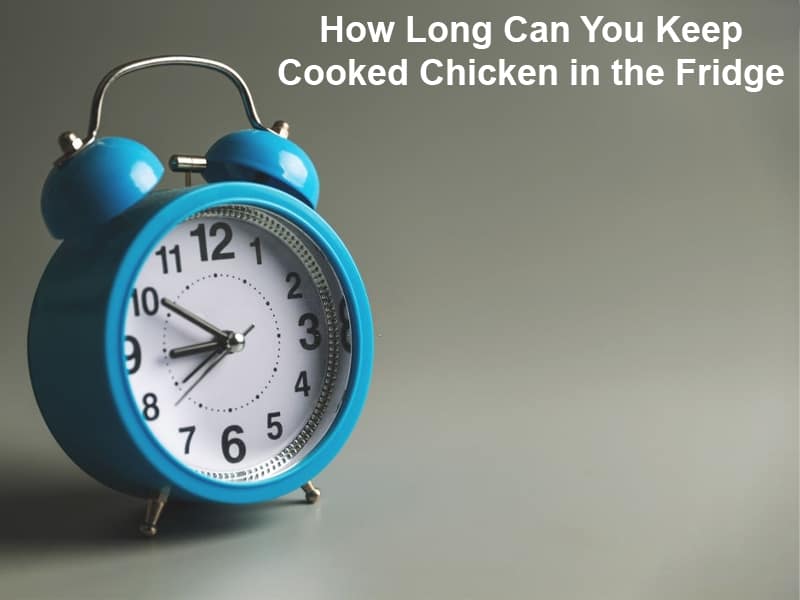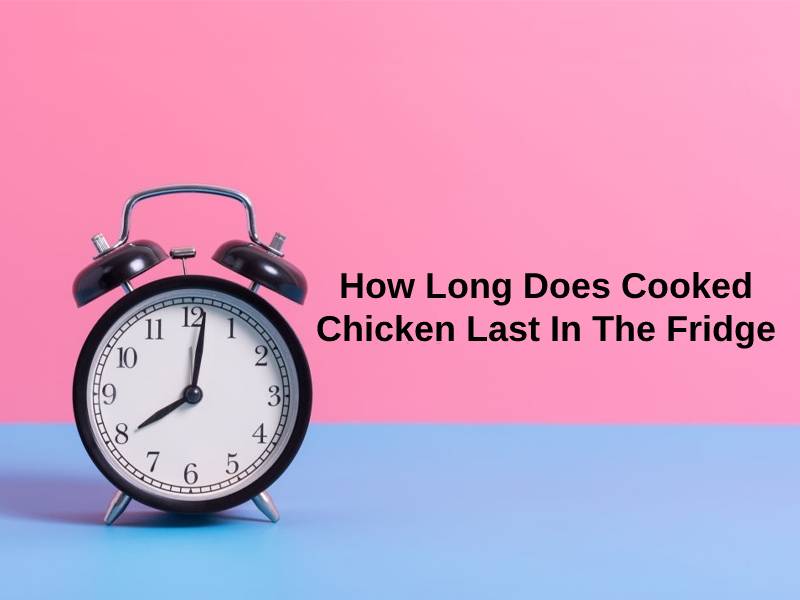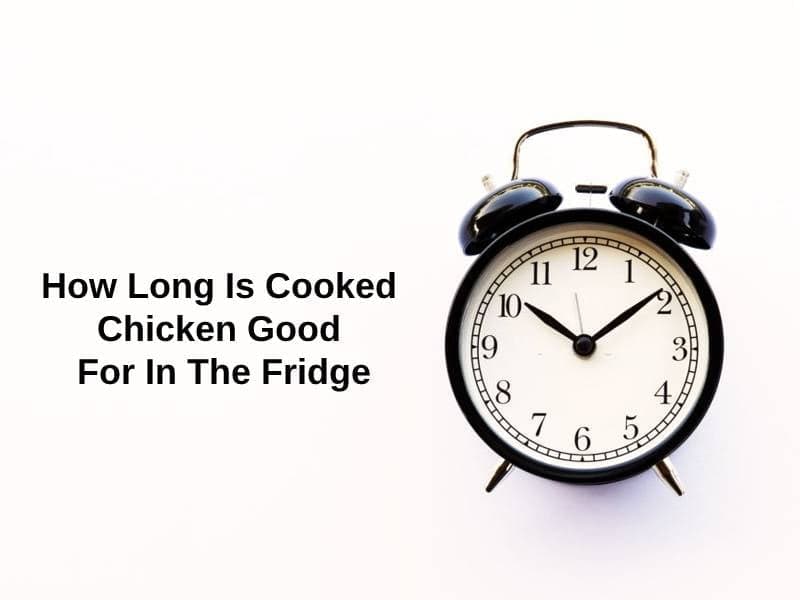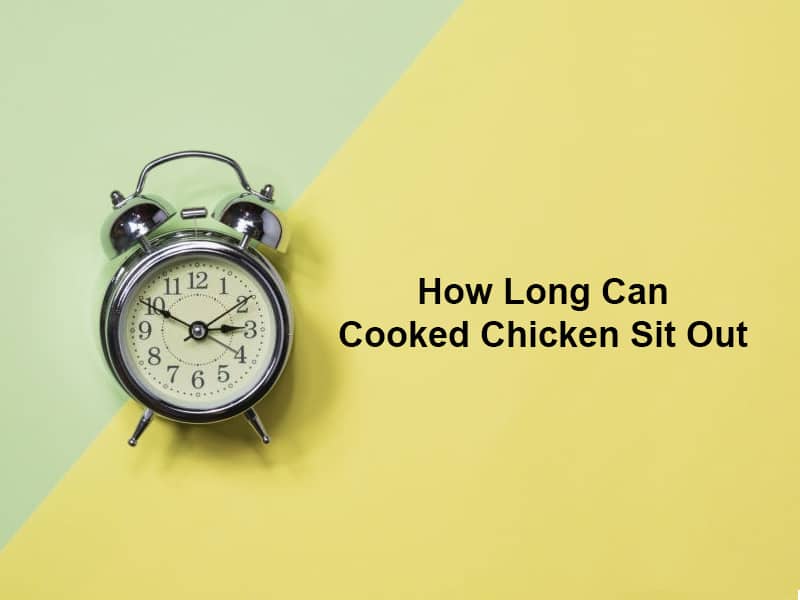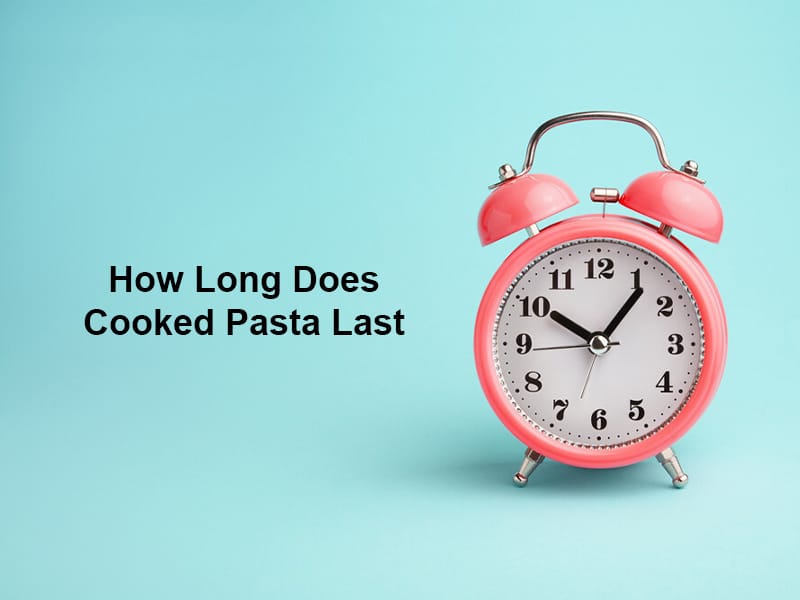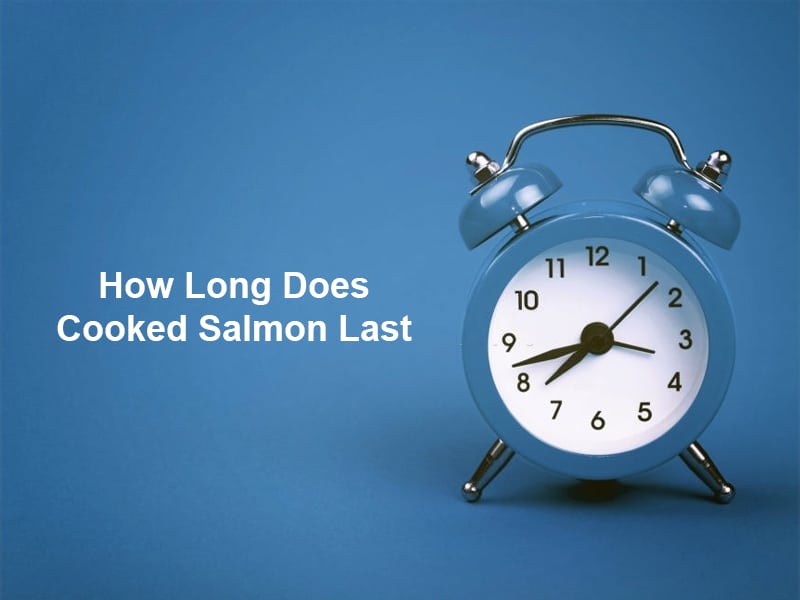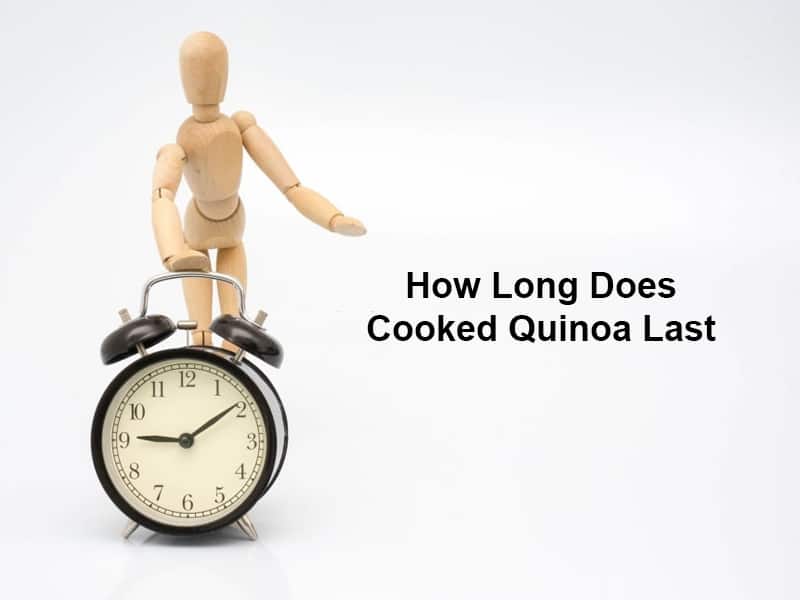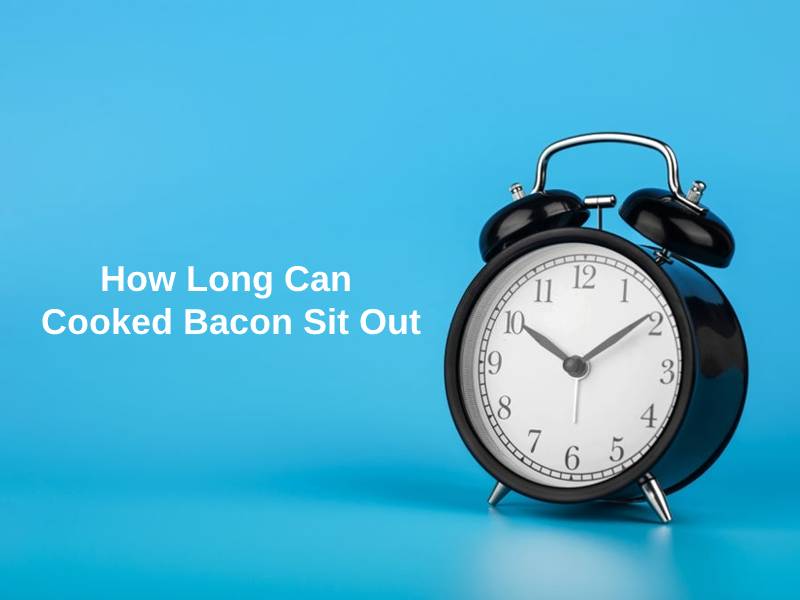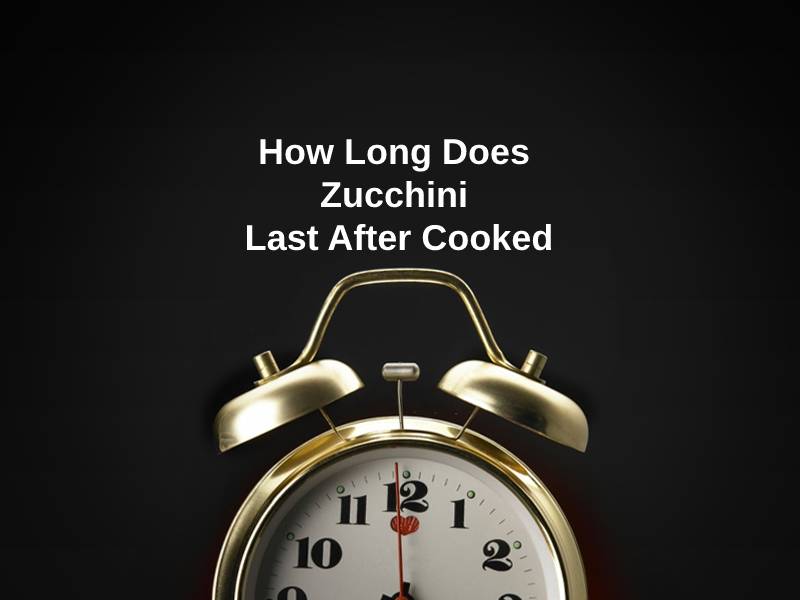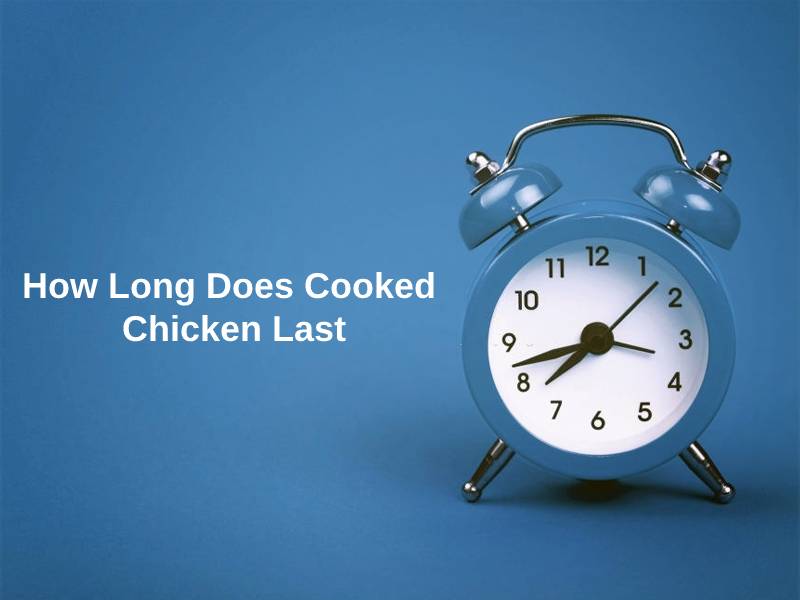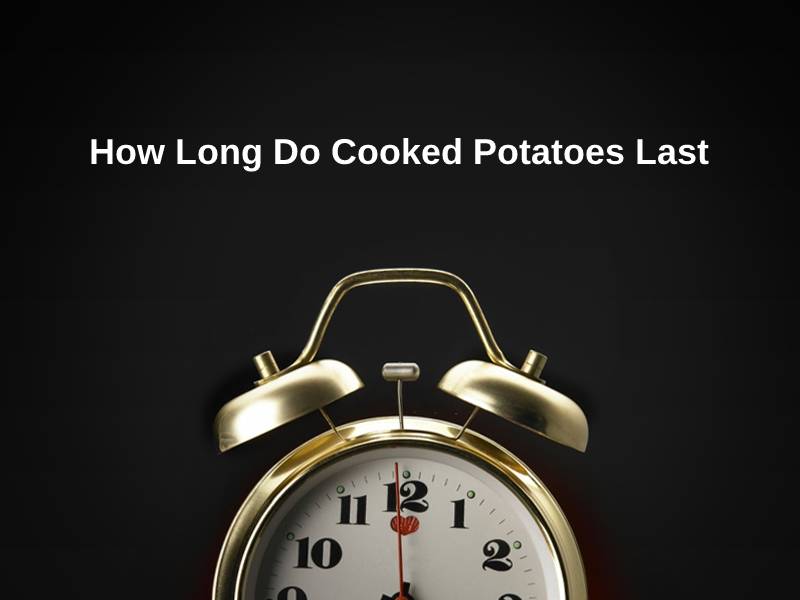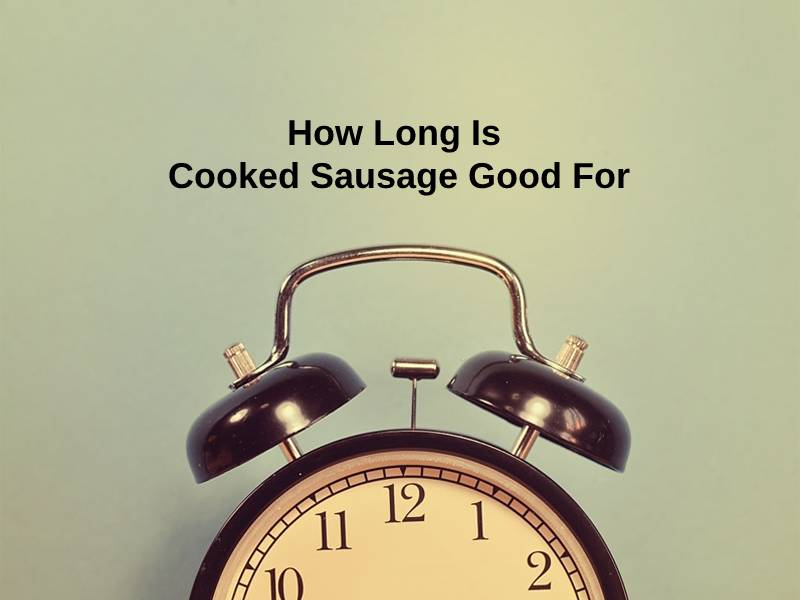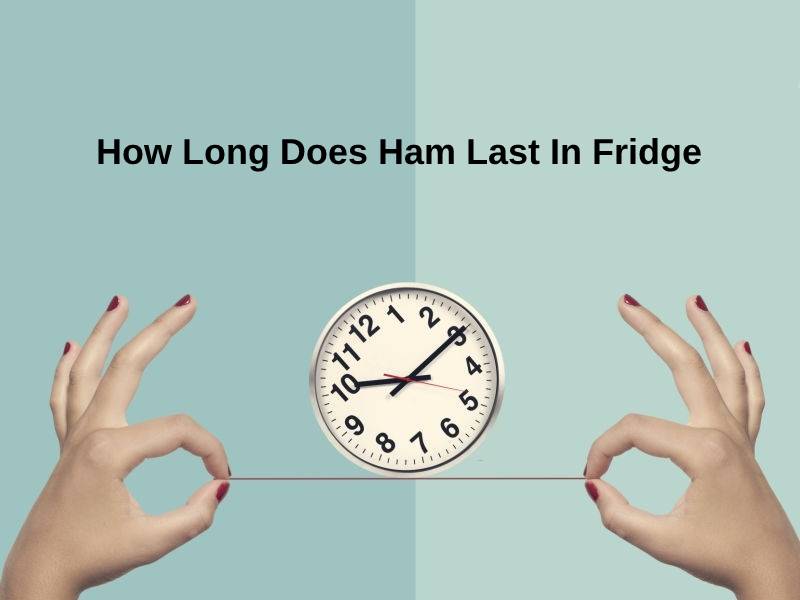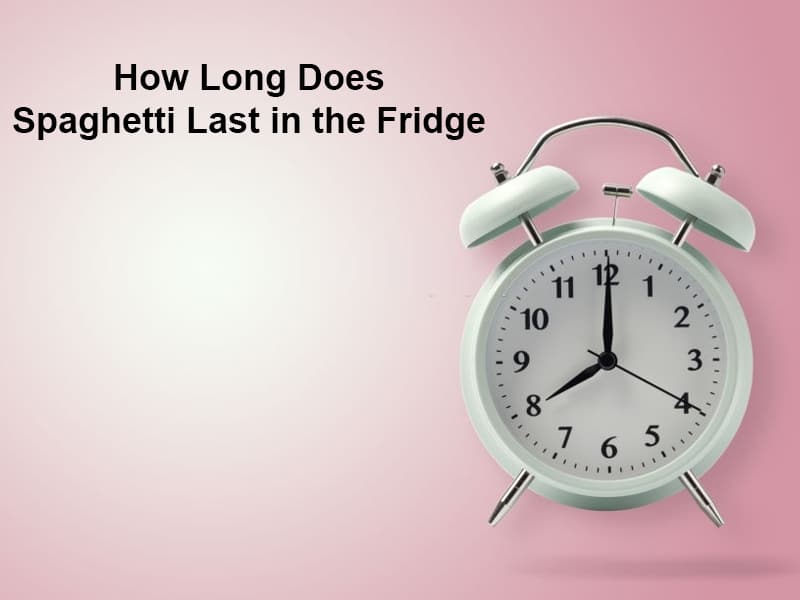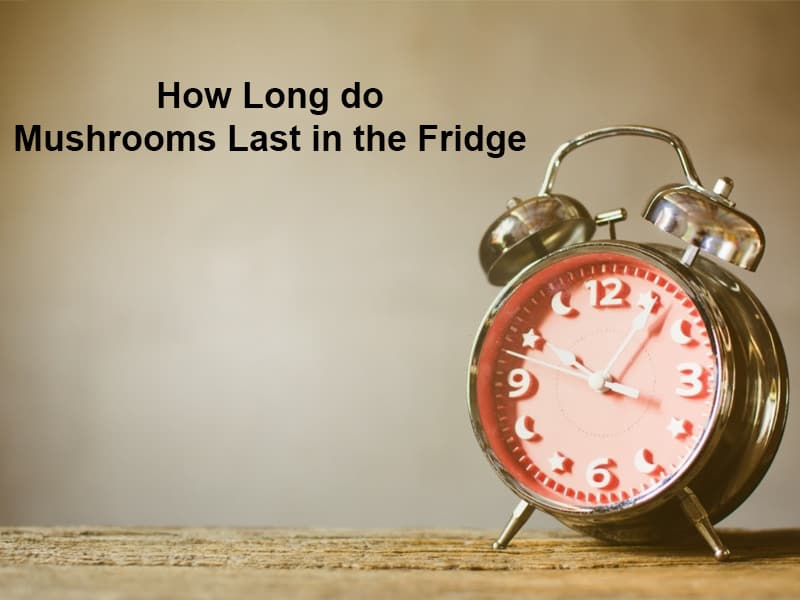Exact Answer: Maximum Four Days
When it comes to food options, the world has multiple possibilities. There is almost nothing in the world that is not edible in some parts of the world. However, some food options are widely accepted and appreciated.
One such food source is seafood. There are many people whose staple diet is nothing but fish. It is due to the availability and also because of the taste that different fishes give. Fish is amongst the most loved seafood option, mainly because of the tender meat. But, the fish must be fresh. Because since it has a soft texture, it tends to spoil fast too.

How Long Does Cooked Fish Last In The Fridge?
Fish is one of the most favorite food of all time. There are a lot of varieties of fish that are available in the market. However, there is one thing common between all types of fish, and that is they will spoil if not stored properly. Fish are creatures that are sourced from the water. Also, their natural habitat is in a colder environment. Hence, fishes tend to go bad fast once kept out of the water.
When it is about cooked fish, ideally it can last for four days. Proper storage of a food item is of high necessity because that will decide how fresh or stale something might become. That is the main reason why different things are stored in varied conditions. It is mainly to increase the shelf life of the product.
Even when a fish is being sold, it is kept in the freezer only. That way, it can stay longer in case there are no immediate plans to cook the fish. When the fish is stored in the fridge, it will slow down the decaying process of the fish.
If the shelf life of the fish is to be increased further, it is an ideal option to store the fish once it is cooked. As per the records, when cooked fish is stored in the refrigerator, it lasts longer than the uncooked fish.
| Storing Conditions | How Long The Fish Will Last |
| Uncooked fish in the fridge | Can last for 1 or 2 days |
| Cooked fish in the fridge | Can last for 3 to 4 days |
Why Does Cooked Fish Last That Long In The Fridge?
It is by the law of nature that edible food items will spoil in one way or another. The time or the shelf life of the seafood product may vary from one another. But it will rot at some point. However, keeping it in a proper condition can increase the shelf life by a few days. The best storage option for fish is by freezing it or keeping it in the refrigerator.
There are many reasons why storing the cooked fish in the fridge will make it last longer. Some of the reasons are as follows:
- The first reason is that when anything is kept in the refrigerator, its staling time moves further. That is because it is hard for the microbes and bacteria to stay alive in the colder temperatures. Hence, storing cooked fish in the fridge will make it last longer than keeping it on the counter.
- Another factor is the quality of the fish that is being stored. If high-quality fish is kept, then it will last longer as compared to low-quality fish.
- When the fish is kept in the fridge or the freezer, it stops the chemical reaction happening in the cooked fish on its own. Hence it keeps the fish edible for a few more days.
Conclusion
It happens that a food item is bought in bulk. More often, most of it gets spoiled. It is imminent to save all the food from wastage. The best practice is proper storing of the food to avoid all the wastage.
Even when it is about storing the food in the fridge, care has to be taken in terms of packing the food item in an air-tight container. It should be packed before tossing the food in the refrigerator. That is even more important when it is something like fish that will be kept in the freezer.

